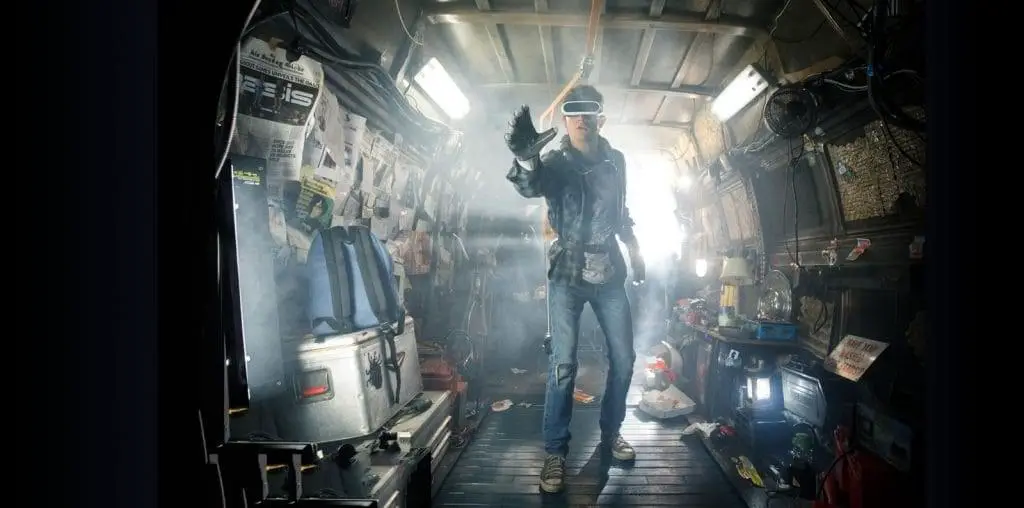
“Casa de los Babys” is an all-encompassing look at the foreign adoption business as personified by a group of American women waiting out their residency requirement in South America. The film is the latest entry from John Sayles, a director with a penchant for mixing sociology with complex character dilemmas. It details the experiences of six noteworthy starlets, trapped in a foreign country, struggling with the inabilities to conceive while awaiting the completion of their adoption papers. For them, it’s a life changing, emotionally charged event. But for the country, with various political, economical, and social complications, it’s business as usual. And although the subject matter exceeds the scope of this film, Sayles is quick to point out that in the casa de los babys, as in life, there are no guarantees.
They come from various socio-economic backgrounds, transported to a foreign country via one common theme: they are all American women seeking to adopt a child. One is a single mother (Leslie), one was a former alcoholic (Gayle), one has questionable ethics (Nan), one has financial worries (Eileen), one cannot conceive (Jennifer), and one has had many failed attempts (Skipper). Each woman agonizes over the inability to give birth but rejoices in the notion of becoming a mother.
While awaiting the lengthy residence requirement, the women stay in a local motel run by Senora Munoz. The hotel has played host to many women seeking adoption over the years and Munoz knows the game well. She openly exploits the women while collaborating with her brother, an attorney handling the adoption paperwork. Meanwhile, her son, working as the hotel’s only maintenance engineer, quietly expresses his disgust for the American women and their capitalist ways.
To pass the time, the women enjoy margaritas on the beach while watching Skipper run up and down it, they explore the local markets and tourist attractions, and when their patience has run its course, they visit the local legal counsel. Intermittently, we also learn about the local culture as well as the foreign adoption process – the women who give up their babies, the nurses who watch over the nurseries, the bureaucracy of adopting a child, and the many children abandoned on the city streets left to fend for their own. Ultimately, we realize that the foreign adoption process is larger than any single person or newborn baby.
Following in the shadows of 2002’s Sunshine State, a film with political overtones, great dialogue, and intricate character development, is “Casa de los Babys,” a film that falls a little bit short. While it too has a political commentary of its own, the dialogue is not as strong nor are the characters as well developed. Furthermore, when you contrast this film with many of Sayles’ best works like Matewan and “Lone Star,” you realize that it comes off as well-intended, but far too general.
The main reason the film fails is because it does not successfully tie all the pieces together. Inserted in between scenes is a running social commentary that jumbles the plot: Children on the street looking to steal; con artists working in the hotel, a young housekeeper struggling to support a large family, and women having to give up their babies for adoption. Certainly, the film comes full circle by doing so. But it also has the opposite effect, breaking up the main plot and making the experience less engaging.
All in all, the film just tries to do too much. The process of adopting a child has all kinds of social, psychological, and physical stresses that cannot possibly be addressed rationally across six main characters, let alone in a two-hour time frame. Add to that the complexities of dealing with a foreign government and bureaucracy that operate on their own time table, with their own rules, cultural nuances, and language barriers and you have at minimum, a ten hour miniseries. Certainly, the film touches on many of these key points, but it does so only on the surface. We don’t really get to know any of the characters that well; instead, they are merely stereotypes of the varying backgrounds parents have when deciding to adopt. Even though we do get to know a little about their past and their intentions, we don’t get to grow with them nor do we get to experience the final joy of all their efforts and goodwill.
On a positive note, the film does achieve many passionate moments. For instance, the scene between Eileen and Asuncion is perhaps the most telling. Eileen carefully describes the perfect day with her new daughter while Asuncion describes the heartbreak she felt over losing her daughter and dreams of a life she may have in America. While neither speaks the other’s language, you get the distinct feeling that they understood each other. And you also feel saddened by Skipper’s story, told to Jennifer during a massage, about her struggles to have a child, overcome infant mortality, and keep hope alive with sheer will and determination.
“Casa de los Babys” deals with a subject that many Americans must deal with – whether or not to adopt and whether to adopt a child from a foreign country. Adopting a foreign baby requires the utmost in patience, tenacity, and perseverance. It’s about hopes and dreams, fears and anxiety, good intentions and bad. And it may involve coping with personal failures, physical abnormalities, relationship stress, and financial woes. The film covers many of these topics vaguely, without digging too deep or getting too attached…and that’s its biggest pitfall. Ironically, however, the final result of whether a family receives a baby is dependent upon none of the above. No, to torment those in waiting even more, it all comes down to a foreign bureaucrat rolling the dice. Yet for some, it’s a gamble they’re willing to take.
Disagree with this review? Think you can write a better one? Go right ahead in Film Threat’s BACK TALK section! Click here>>>
